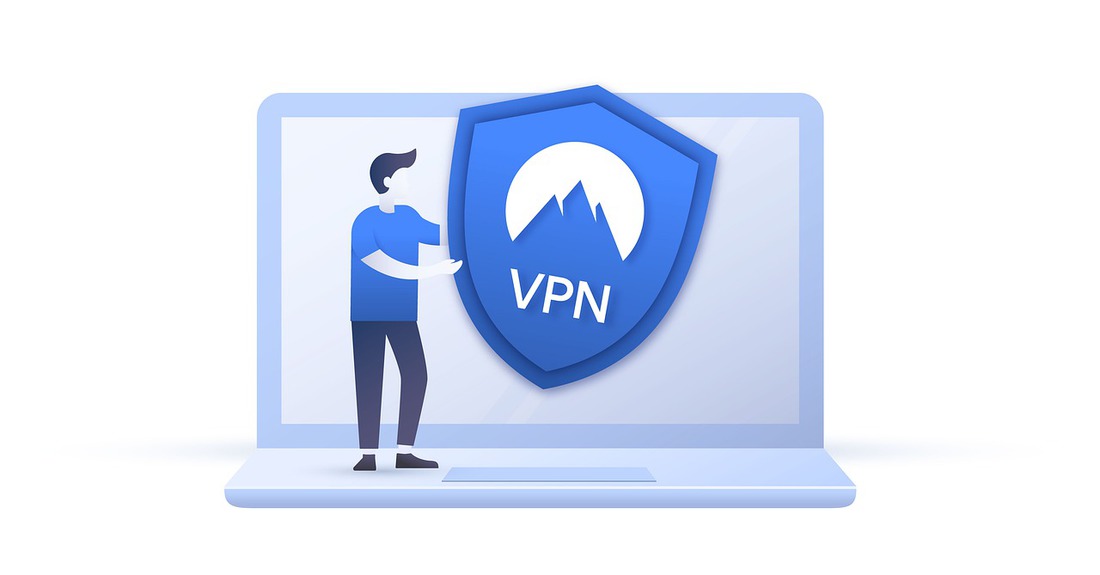In today’s digital-first workplace, employers monitor internet usage more than ever. Whether it’s for cybersecurity, compliance, or productivity, surveillance tools track what employees browse. But here’s the question many professionals quietly ask: How do you hide internet activity at work while staying safe and compliant?
The answer isn’t as simple as turning on “Incognito mode.” Instead, it requires a blend of technical tools, cybersecurity awareness, and smart decision-making. This guide breaks down the best practices, risks, and actionable strategies for professionals who value both privacy and productivity.
Why Employers Monitor Internet Activity
Companies have legitimate reasons for monitoring workplace internet activity. These include:
-
Cybersecurity Defense – Detecting malware, phishing attempts, and insider threats.
-
Compliance & Regulations – Ensuring industries like finance, healthcare, and defense meet strict data-handling laws.
-
Productivity Tracking – Monitoring non-work browsing that may impact efficiency.
Typical monitoring tools include:
-
Firewalls and intrusion detection systems
-
Employee monitoring software
-
Network logging tools that track sites visited
The takeaway: employers are not always “spying”—they’re often protecting business interests.
Risks of Hiding Internet Activity at Work
Before diving into tools and methods, professionals must understand the risks:
-
Policy Violations: Most organizations have IT policies restricting certain browsing.
-
Legal Issues: Hiding activity could breach compliance frameworks like HIPAA or GDPR.
-
Job Security: Getting caught may lead to warnings—or termination.
⚖️ Balance matters: Privacy should never undermine corporate trust.
Effective Ways to Hide Internet Activity at Work
1. Use a VPN (Virtual Private Network)
VPNs encrypt internet traffic and mask IP addresses, making it the most reliable way to hide browsing activity.
-
Pros: High-level encryption, bypasses firewalls.
-
Cons: Some companies block VPNs; IT teams may detect unusual traffic.
2. Proxy Servers as Alternatives
Proxies reroute traffic but lack end-to-end encryption.
-
Pros: Simple to use, hides IP.
-
Cons: Less secure, may leak DNS requests.
3. Encrypted Browsers (Tor & Brave)
Privacy-first browsers add another layer of security.
-
Tor: Excellent for anonymity, but slow.
-
Brave: Faster, built-in tracker blocking.
4. Mobile Hotspots & Personal Devices
Connecting personal devices via mobile hotspots bypasses company networks completely.
-
Best for: Sensitive personal browsing
-
Caution: Never transfer corporate files this way.
5. Secure Messaging & Cloud Tools
Instead of email, use encrypted messaging apps (Signal, ProtonMail) for private communication.
Advanced Techniques for Professionals
For cybersecurity specialists and tech-savvy employees, advanced methods provide deeper protection:
-
DNS Encryption (DoH/DoT): Prevents ISPs and admins from tracking DNS queries.
-
Virtual Machines (VMs): Isolate browsing sessions in sandboxed environments.
-
VPN + Tor Combo: Double anonymity, though slower performance.
Best Practices for Balancing Privacy and Compliance
Professionals should never forget: hiding activity doesn’t erase responsibility. To strike the right balance:
-
Review IT policies: Know what’s acceptable.
-
Separate accounts: Use personal devices for private browsing, work devices only for job-related tasks.
-
Practice ethical discretion: If browsing is not urgent, wait until after work hours.
Actionable Cybersecurity Tips
Even outside of hiding activity, employees can enhance their workplace privacy:
-
Clear cache and cookies regularly
-
Avoid public Wi-Fi for work-related logins
-
Use password managers like Bitwarden or 1Password
-
Enable multi-factor authentication (2FA) everywhere
-
Never download unverified attachments
Industry Insights & Expert Perspectives
Stats that matter:
-
80% of organizations monitor employee internet usage (Gartner study).
-
50% of workers admit to personal browsing during work hours.
-
Cybersecurity leaders stress the importance of separating privacy tools from compliance obligations.
From a CEO’s view: trust is key. Over-monitoring creates resentment; over-hiding creates risk. Smart organizations balance transparency with cybersecurity.
FAQ: Hiding Internet Activity at Work
1. Can incognito mode hide internet activity at work?
No. Incognito hides local history, not network-level monitoring.
2. Is using a VPN at work legal?
Yes, but it may violate company policy. Always check IT guidelines.
3. Can employers see HTTPS traffic?
Yes, if SSL inspection is enabled. VPNs and Tor help protect against this.
4. What’s the safest way to browse privately at work?
Use a personal device with a mobile hotspot for non-work browsing.
5. Do proxies work as well as VPNs?
No. VPNs encrypt traffic; proxies only reroute it.
6. Can clearing history protect me from monitoring?
No. Network logs still record activity.
7. What should cybersecurity pros recommend for privacy?
Promote VPNs, encrypted messaging, and DNS security, while respecting policies.
Conclusion & Call to Action
Hiding internet activity at work is not just about privacy—it’s about navigating the fine line between personal freedom and corporate responsibility. Tools like VPNs, proxies, encrypted browsers, and DNS protection can help, but ethical discretion is equally important.
Whether you’re a security professional, IT manager, or executive, the best practice is to encourage transparent workplace policies while enabling employees to feel secure.
If you want to explore professional cybersecurity solutions for workplace privacy and compliance, start by reviewing your company’s IT policies and testing trusted privacy tools today.


